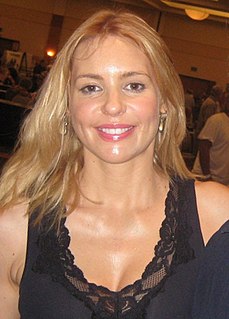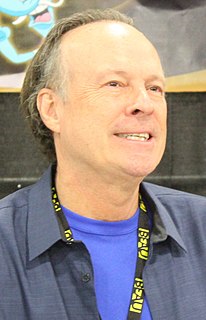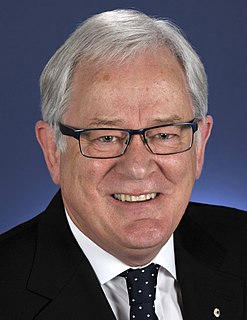A Quote by Tim Wu
If we generally like the way things are now, we must also ask whether our current situation is really so different from the open ages of radio, film, or the telephone. Might it not also have seemed in those times that the orgy of limitless entrepreneurism would never end? The point is that we are near the high end of a pendulum arc that, so far, has aways begun to swing in the opposite direction -toward greater integration and centralization- with a force that can seem inexorable.
Quote Topics
Ages
Also
Arc
Ask
Begun
Centralization
Current
Current Situation
Different
Direction
End
Far
Film
Force
Generally
Greater
High
Inexorable
Integration
Like
Limitless
Might
Must
Near
Never
Now
Open
Opposite
Opposite Direction
Our
Pendulum
Point
Radio
Really
Seem
Seemed
Situation
Swing
Telephone
Things
Those
Times
Toward
Way
Whether
Would
Related Quotes
From Gorbachev to Yeltsin, the pendulum swung one way; now, Putin has pushed it very far in the opposite direction, and the backlash is inevitable. So I think the year 2042 could be quite interesting. Specifically, I think today's reactionary policy will end in total failure and the need for a new perestroika; there will be a "time of troubles," which may well end in the disintegration of Russia.
It's strange how the human mind swings back and forth, from one extreme to another. Does truth lie at some point of the pendulum's swing, at a point where it never rests, not in the dull perpendicular mean where it dangles in the end like a windless flag, but at an angle, nearer one extreme than another? If only a miracle could stop the pendulum at an angle of sixty degrees, one would believe the truth was there.
And I also know that pain can seem like an endless ribbon. You pull it and you pull it. You keep gathering it toward you, and as it collects, you really can't believe that there's something else at the end of it. Something that isn't just more pain. But there's always something else at the end; something at least a little different. You never know what that thing will be, but it's there.
I don't like the way question marks look. They're really ugly. They look like blots. At some other point in my life, I might have disliked them because I never knew how to properly apply them. Also commas, and whether they were outside the quote or inside the quote - that all seemed like an unnecessary pain in the ass.
We had a level of tariffs of about five per cent. Now a lot of those will go, most of them will go over time, some of them immediately. Now that means that electronic goods and other things, white goods, coming into Australia, will be cheaper for our community. It also means in many cases that the inputs used by our high-end manufacturers to make a final product are also coming in cheaper than they otherwise would - so it makes those manufacturers more competitive.
Also our fellow competitors, who are indeed the people just mentioned - we do not compete with men who lived a hundred centuries ago, or those yet not born, or the dead, or those who dwell near the Pillars of Hercules, or those whom, in our opinion or that of others, we take to be far below us or far above us. So too we compete with those who follow the same ends as ourselves; we compete with our rivals in sport or in love, and generally with those who are after the same things; and it is therefore these whom we are bound to envy beyond all others. Hence the saying.
You're always choosing the start point and the end point. And almost by definition, the most interesting period is where something happens, as a result of which something is different at the end. And so to me, the idea that you know everything about a character at the beginning is sort of ridiculous. Something has to be revealed. I like it when the deeper you go with the character, the more you see the layers start to peel away. It's more challenging to me, but it's also just interesting. Those are the things I like to watch. I like to watch the evolutions of something.




































